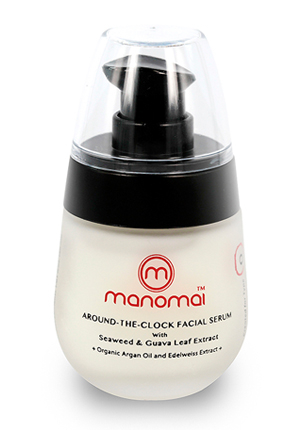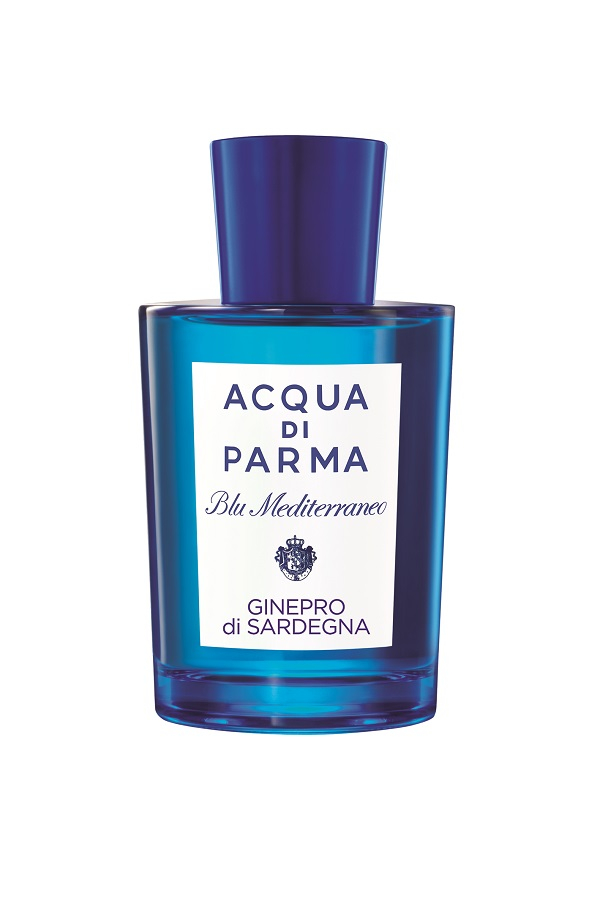The Source: Interview with Leila Bekhti

We caught up with the Algerian actress who talked about her leading role in The Source.
What drew you to the script for The Source?
It was very important for me to take this story, set in a Muslim village but speaks about universal things. I like the idea of having a story in a minority setting, expressing universal things about love and altruism.
How did you prepare for the role of Leila?
I’ve known Radu [the director] for two years and we spent a long time talking about Leila and the other characters, because you can’t develop a character properly on its own: you need to see it in a context.
Did you have problems speaking the Moroccan language in the film?
Yes, it was very difficult because I speak Algerian Arabic and this was in Moroccan, so quite different. In my own Algerian language, I would never tell my grandmother I’m going to go on a “love strike”. I spent four months perfecting the language which was very good, because it got me into the whole mode of the film.
Have you ever taken on a role in which you had to learn another language before?
I did a film in Italian. I was lucky because a lot of the other French actors had learnt Spanish and they had problems because Spanish and Italian are really similar. We got very confused! I do it phonetically and I love Italian.
Your character in The Source is quite strong. Are there any similarities between you two?
Leila would never have been able to do what she did without the support of the people around her. It’s the same for me. I would never be able to do what I do without the support of those around me.
The women in the film are often in need of affection and so they satisfy themselves by revelling in Mexican and Egyptian soap operas. Do you watch soap operas in your time?
Yes, I did when I was little. But they were very slow. There was one show I watched where a woman asked her lover: “Do you love me?” and she doesn’t find out until the next episode. I used to watch those with my grandmother.
Leila’s marriage is based on love whereas most of the other marriages around her have all been arranged. Would you say this contributes to her outsider status?
The main thing is she doesn’t come from the village – she comes from the desert – nobody really knows where she comes from. It is slightly different in that her husband loves her. There’s a very telling moment in the film where her mother-in-law asks if she would have gone on a love strike if she still lived with her mother and father, and she doesn’t say anything. She’s out of her context and it’s mainly what makes her different.
In the film, the women abstain from sex until the men bring water back to the village. Leila believes that sex is the only power women have over men. Would you consider that to be true?
I don’t know whether this is the only way. It is based on a true story set in Kenya and Turkey. Women did go on love strike in their villages and it worked. I believe that the main power is communication. Communication is the main power people have over each other.
As a result of the love strike, one of Leila’s neighbours becomes a victim of domestic violence. How did you feel about this element of the film?
It’s horrible and shocking.
Leila was the only one who could read and write. Would you say that contributed to her outsider status as well?
Yes, because it makes her freer. That’s the main difference between her and them. If they can’t read and write, they don’t have that particular access to knowledge we have. The most shocking for me when filming was to meet people who were 20 or 40 years older than me and were illiterate.
So the cast members were not able to read and write?
A lot of the people in the film were extras and no, they didn’t know how to.
Mother Rifle is very wise despite her illiteracy.
Exactly! She has the wisdom of the land.
Anita Bruce-Mills
Read the interview with the director of the Source here.





















Facebook
Twitter
Instagram
YouTube
RSS